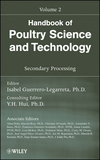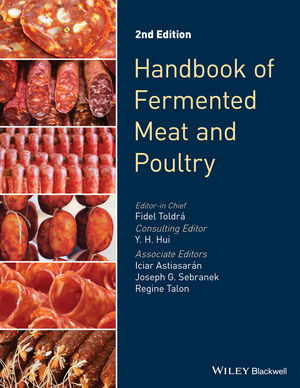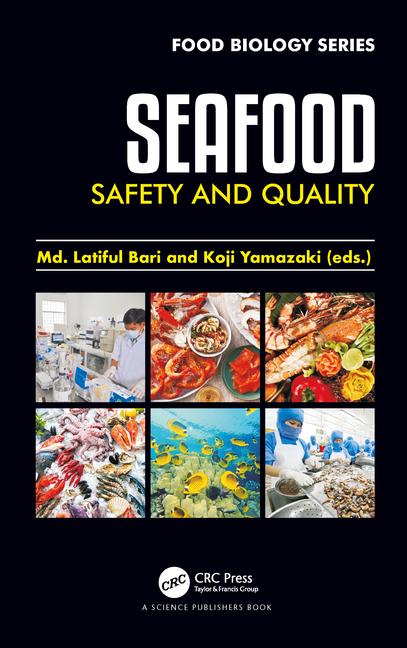Food Safety Symposium examines role of AI
Maple Leaf Foods hosts 14th annual Food Safety Symposium.

Image by Aristal Branson from Pixabay
Maple Leaf Foods Inc. hosted its 14th annual Food Safety Symposium as part of the company's commitment to providing safe food for Canadians and fostering knowledge sharing among experts within the food industry. The symposium gathered experts to discuss the transformative role of artificial intelligence in advancing food safety.
"AI and food safety are deeply intertwined, with AI transforming our business in ways we are only beginning to understand," said Curtis Frank, president and CEO, Maple Leaf Foods. "Our deep commitment to food safety is rooted in our past and in our everyday promises in how we hold ourselves accountable and continue to set the highest standards. We must continuously advance our efforts to deliver safe, nutritious food and use AI to build a safer, more sustainable food system."
Keynote speaker, Nihar Dalmia, partner, Omnia AI, Deloitte, spoke about the evolution of AI, emphasizing the pivotal moment we are at with AI in the food industry. "We're on the cusp of an AI revolution: we've moved from AI being tools for scientists and large corporations to now being for all of us. It's critical to understand the potential of AI and how to drive tangible business value," said Dalmia. "Looking ahead, we see trends like smart packaging, AI-powered robotics, and personalized food safety solutions shaping the industry. What comes next, as organizations scale AI initiatives, is navigating the technological change and enabling AI agents to shape organizations with comprehensive, responsible AI practices."
The symposium featured a panel discussion with Conor Cahil, head of science and innovation, Dawn Farms Foods, and Dr. James Doyle, director of global accounts, Crème Global, emphasizing the importance of precise data acquisition, optimizing processes, and how AI enhances long-term sustainability and consumer safety. Case study examples presented by Dawn Farms Foods highlighted their forensic approach to food safety that uses AI to enhance labelling controls, quality monitoring, intuitive training and predictive detection.
Entrepreneurial technology firms were also featured at the symposium, where they highlighted innovative food safety solutions, such as automated quality and safety inspection technology that detects foreign materials using hyperspectral imaging, data analytics that help predict food recalls and provide best practices for dealing with outbreaks, and AI advancements to eradicate foodborne illnesses.
The symposium underscored the need for businesses to integrate AI responsibly while harnessing its full potential to revolutionize food safety practices.
"Food safety data is plentiful in food manufacturing organizations and the key to unlocking the value of AI is to have access to clean data that is related to the most critical food safety problems," said Dr. Randy Huffman, chief food safety and sustainability officer, Maple Leaf Foods. "Ensuring that data is trustworthy is paramount, as AI models will not fix bad data, only competent employees and well-designed processes ensure data integrity."
"We approach AI with intense curiosity, understanding both its possibilities and limitations. AI is bringing new opportunities into our business, from yield improvement to virtual assistants, and it's crucial to understand what it can do for us," said Andreas Liris, chief technology and information officer, Maple Leaf Foods. "The promise of AI is great, but we need to invest wisely and leverage the right technologies to enhance our food safety standards and drive long-term growth."
Source: Maple Leaf Foods Inc.
Looking for a reprint of this article?
From high-res PDFs to custom plaques, order your copy today!




.jpg?height=200&t=1743090466&width=200)


